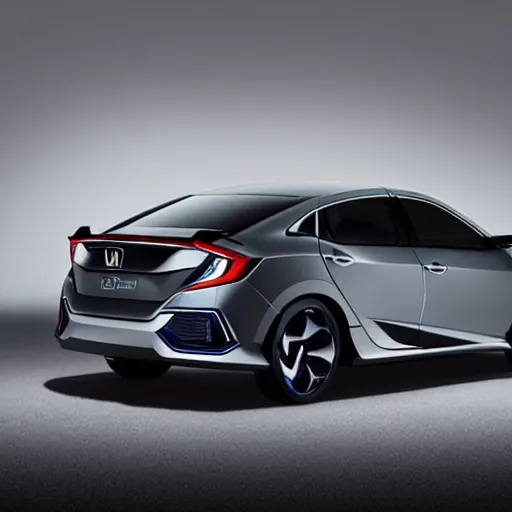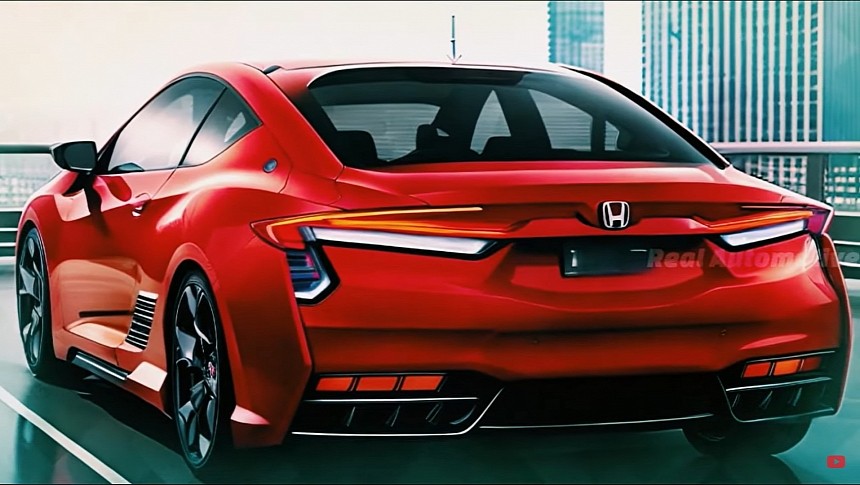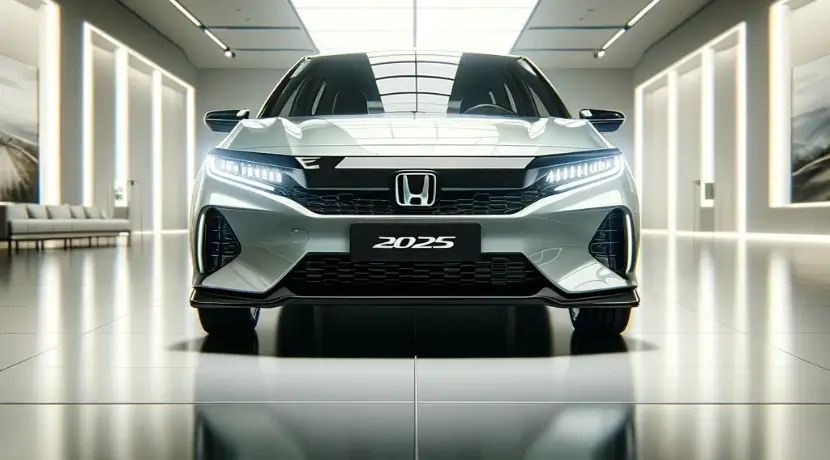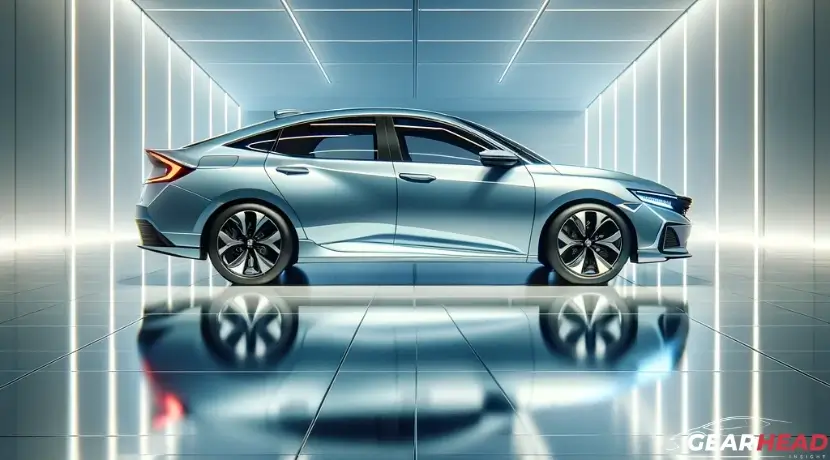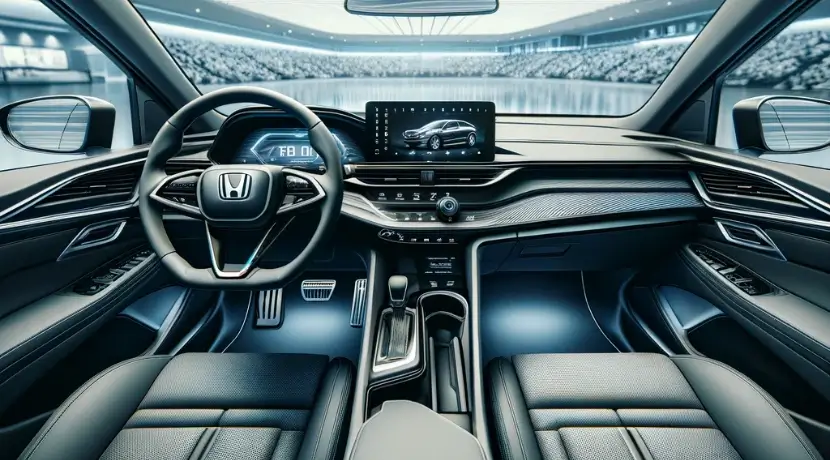The 2025 Honda Civic: A Fuel-Efficient Future
By admin / May 22, 2024 / No Comments / 2025
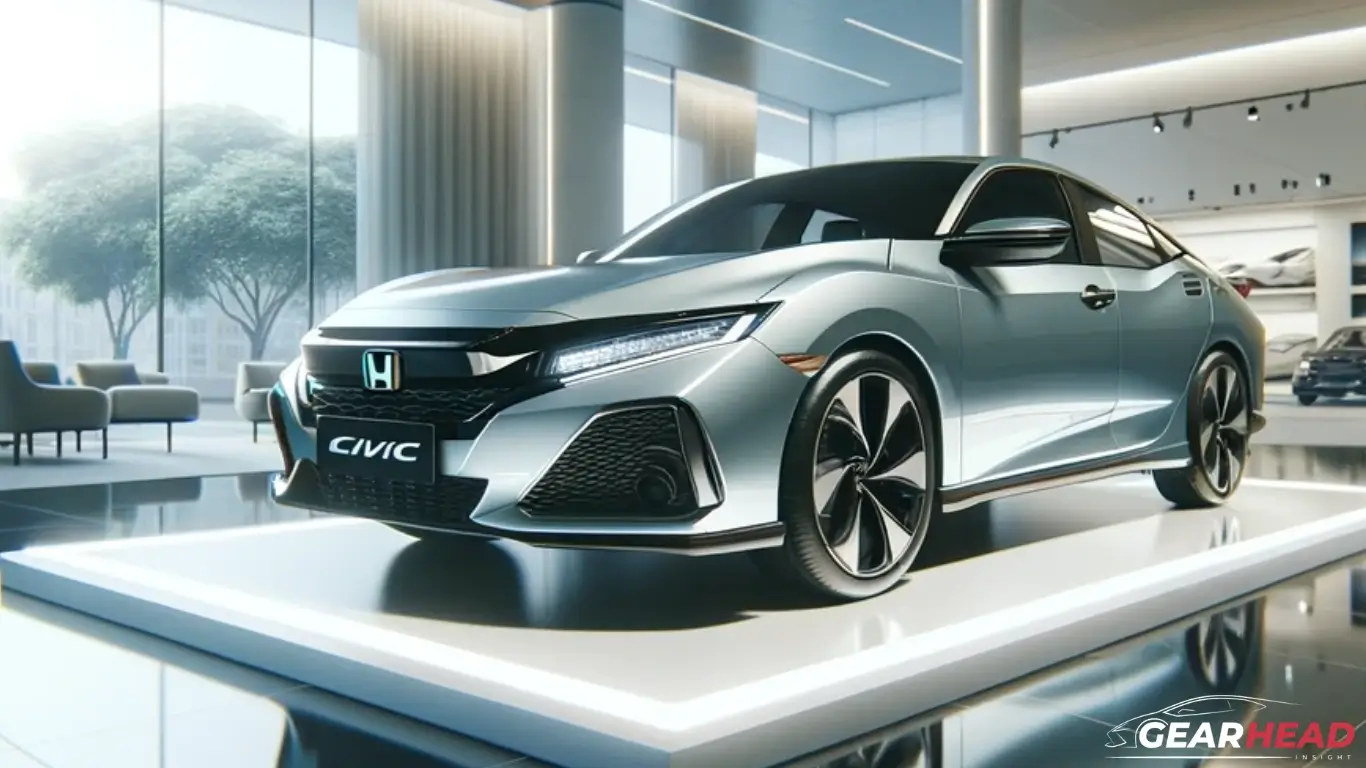
The 2025 Honda Civic: A Fuel-Efficient Future
The Honda Civic has long been a mainstay in the compact car segment, known for its reliability, practicality, and affordability. Now, in 2025, the Civic continues to evolve, embracing a future focused on fuel efficiency and environmental responsibility. While specific fuel economy figures for the 2025 Civic are not yet available, we can glean insights from current models and industry trends to predict what drivers can expect.
Engine Options and Their Impact on MPG:
The 2025 Honda Civic is likely to offer a range of engine options, catering to diverse driver needs and preferences. Here’s a breakdown of potential powertrains and their expected fuel efficiency:
- 1.5L Turbocharged Four-Cylinder: This engine, already found in the current Civic, is expected to be carried over, potentially with minor refinements for improved performance and fuel economy. The current model achieves a combined MPG of 32, with the Sport trim reaching 31 mpg. We can anticipate the 2025 Civic with this engine to achieve similar or slightly improved figures.
- Hybrid Powertrain: Honda has been actively expanding its hybrid lineup, and the Civic is a prime candidate for a hybrid variant. A hybrid system, combining a gasoline engine with an electric motor, offers significant fuel economy advantages. The 2023 Civic Hybrid achieves a combined MPG of 55, and we can expect the 2025 model to surpass this figure with further technological advancements.
- Plug-in Hybrid (PHEV): While not confirmed, a plug-in hybrid option for the Civic could be a possibility. PHEVs offer the best of both worlds: electric-only driving for short commutes and a gasoline engine for longer trips. This configuration would likely achieve an impressive all-electric range and fuel economy.
- Electric Powertrain: With the automotive industry transitioning towards electrification, a fully electric Civic is a strong possibility for 2025. Electric vehicles boast significantly higher fuel efficiency than gasoline-powered cars, with an equivalent of over 100 MPG.
Factors Influencing Fuel Economy:
Beyond the engine choice, several other factors can influence the 2025 Civic’s fuel economy:
- Aerodynamics: Improved aerodynamics, such as a more streamlined body design and reduced drag, can contribute to better fuel efficiency. Honda has already implemented these features in the current Civic, and further refinements are expected in the 2025 model.
- Weight Reduction: Utilizing lighter materials like aluminum and high-strength steel can reduce vehicle weight, leading to improved fuel economy. Honda has been actively pursuing weight reduction strategies in recent years, and this trend is likely to continue in the 2025 Civic.
- Transmission: The 2025 Civic is likely to feature a continuously variable transmission (CVT) for optimal fuel efficiency. CVTs offer smoother acceleration and better fuel economy compared to traditional automatic transmissions.
- Tire Design: Low rolling resistance tires are designed to minimize friction, contributing to better fuel economy. Honda is known for using these tires in its vehicles, and the 2025 Civic is likely to continue this practice.
- Driving Habits: Ultimately, the driver’s driving habits have a significant impact on fuel economy. Aggressive acceleration, excessive braking, and frequent use of air conditioning can all negatively affect MPG. Adopting fuel-efficient driving techniques can significantly improve fuel consumption.
Predicting Fuel Economy Figures:
While precise MPG figures for the 2025 Civic are not yet available, we can make informed predictions based on current models and industry trends:
- Gasoline Engine: The 1.5L turbocharged engine in the 2025 Civic is likely to achieve a combined MPG of around 33-35, surpassing the current model’s figures.
- Hybrid: The hybrid Civic is expected to offer a combined MPG of 58-62, a significant improvement over the 2023 model.
- Plug-in Hybrid: If offered, the PHEV Civic could achieve an all-electric range of 30-40 miles and a combined MPG of over 100.
- Electric: An electric Civic would boast an equivalent of over 100 MPG, depending on battery size and driving conditions.
Benefits of Fuel Efficiency:
The 2025 Civic’s focus on fuel efficiency offers several advantages:
- Reduced Fuel Costs: Lower fuel consumption translates to significant savings at the pump, especially in the long run.
- Environmental Responsibility: By consuming less fuel, the Civic contributes to reduced carbon emissions, helping to mitigate climate change.
- Increased Range: Higher fuel efficiency means drivers can travel longer distances between refueling stops, enhancing practicality and convenience.
Conclusion:
The 2025 Honda Civic is poised to be a fuel-efficient marvel, offering drivers a compelling combination of performance, practicality, and environmental responsibility. With a range of engine options, advanced technologies, and a focus on reducing fuel consumption, the Civic is set to become a leader in the compact car segment. As we eagerly await the official release and fuel economy figures, one thing is certain: the 2025 Honda Civic is a testament to the automotive industry’s commitment to a more sustainable future.


